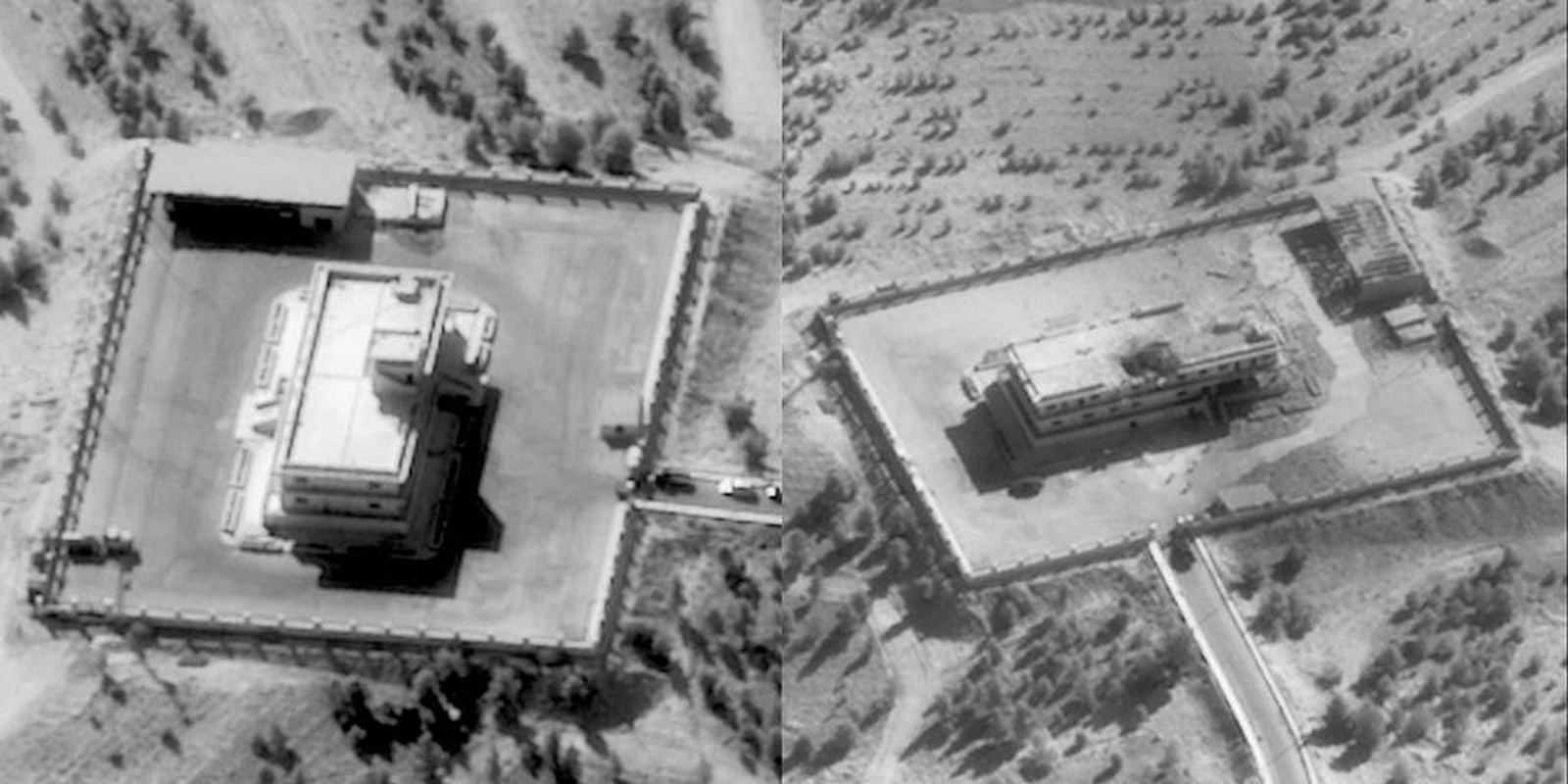The White House has released the text of a letter it sent to Congress justifying the U.S. military’s new campaign of air strikes against the terrorist group known as the Islamic State (ISIS).
New: Obama War Powers Resolution letter on last night’s strikes pic.twitter.com/3aIkj0Uv6t
— Zeke Miller (@ZekeJMiller) September 23, 2014
In the letter, President Barack Obama justifies the actions, which do not have congressional approval, based in part on his “constitutional and statutory authority as Commander in Chief (including the authority to carry out Public Law 107-40).”
The law that Obama references, Public Law 107-40, is a very brief statement that has served as the legal basis for virtually every U.S. military operation in the so-called War on Terror.
Better known as the Authorization for Use of Military Force Against Terrorists (AUMF), Public Law 107-40 was passed by Congress on September 14, 2001 and signed by President George W. Bush four days later. The commander-in-chief, whether Bush or Obama, has derived his authority to strike terrorists overseas from this short paragraph in the law:
That the President is authorized to use all necessary and appropriate force against those nations, organizations, or persons he determines planned, authorized, committed, or aided the terrorist attacks that occurred on September 11, 2001, or harbored such organizations or persons, in order to prevent any future acts of international terrorism against the United States by such nations, organizations or persons.
Congress passed a second AUMF to deal with Iraq, but the 2001 AUMF, thanks to its broad wording and vague description of its targets, is the more notorious of the two laws.
In a lengthy investigation of the brief joint resolution, BuzzFeed’s Gregory Johnsen described how the above sentence, which numbers 60 words, “has formed the legal foundation for nearly every counterterrorism operation the U.S. has conducted since Sept. 11, from Guantanamo Bay and drone strikes to secret renditions and SEAL raids.”
Before it became Public Law 107-40 and the cornerstone of American counterterrorism policy for over a decade, the 2001 AUMF had to be passed by Congress just like any other bill. In the immediate aftermath of the September 11, 2001, terrorist attacks, however, its passage was practically guaranteed.
The Senate passed its version of the AUMF with a resounding 98 votes. Two Senators, Jesse Helms (R-NC) and Larry Craig (D-ID), did not vote. The House version of the bill passed with 420 Yeas, 1 Nay, and 10 representatives not voting.
The lone no vote in the House was Rep. Barbara Lee (D-CA). According to BuzzFeed’s Johnsen, the vote earned Lee “thousands of death threats and angry phone calls.”
President Obama has expressed interest in “engaging Congress and the American people in efforts to refine, and ultimately repeal, the AUMF’s mandate.” Administration officials have not said when they plan to begin those efforts, and in the wake of this week’s new air campaign against ISIS, it is unlikely that the conversation will begin any time soon.
In the meantime, the Obama administration is using the AUMF to strike both ISIS and a separate militant group called Khorasan that it said posed an “imminent” threat because it was in the process of planning attacks against the U.S. The administration’s use of the AUMF is interesting, given that Congress meant it to target people who “planned, authorized, committed, or aided” the 9/11 attacks, and Al Qaeda—which was responsible for the attacks—is at odds with Islamic State.
SAO: We don’t believe Congress would have intended 2001 AUMF not to apply just bc ISIL has a disagreement with al Qaeda
— Steven Dennis (@StevenTDennis) September 23, 2014
Last week, Congresswoman Lee voted against a bill granting President Obama the authority to arm and train moderate Syrian rebels to fight ISIS.
I voted NO on arming Syrian rebels; Congress must explain ALL options to dismantle #ISIS; not just the military options. #StopEndlessWar
— Rep. Barbara Lee (@RepBarbaraLee) September 17, 2014
The bill passed the House by a vote of 273 to 156, with three representatives not voting. The Senate authorized the action in a 78-22 vote on a Fiscal Year 2015 spending bill that included funding for the administration’s plan.
Congress recessed on Friday so that members could return to their districts ahead of the midterm elections on November 4. No vote to authorize President Obama’s entire ISIS strategy has been scheduled or even confirmed.
Image via Department of Defense/Twitter
